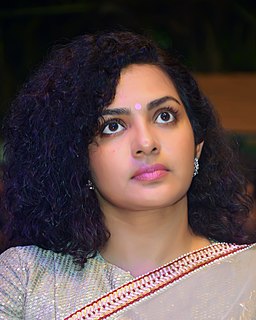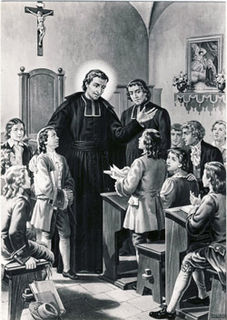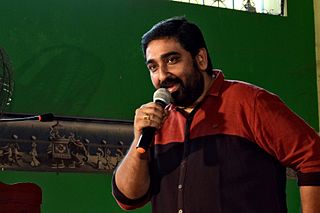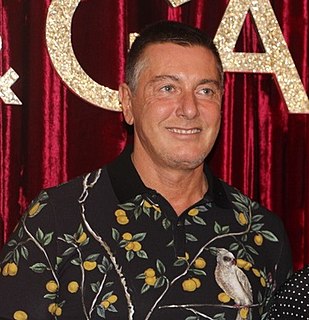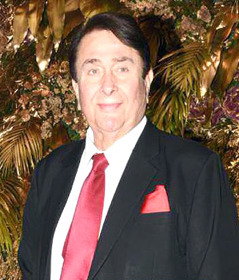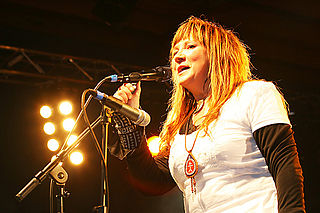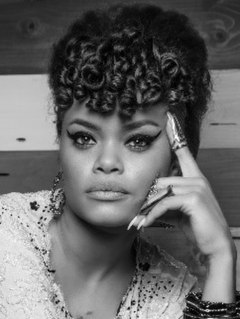A Quote by Parvathy
My mother learnt Mohiniyattam as a child, and my father loved singing.
Related Quotes
The mother, the father and the child have to come into a sacred relationship. The mother must see the father and the child as a holy and sacred person. The father must see the mother and the child as a holy and sacred person. And then the child can see the mother and the father as God, which is the way it should be, as a sacred being.
The mother's and father's attitudes toward the child correspond to the child's own needs.... Mother has the function of making himsecure in life, father has the function of teaching him, guiding him to cope with those problems with which the particular society the child has been born into confronts him.
As in the natural life a child must have a father and a mother, so in the supernatural life of grace a true child of the Church must have God for his Father and Mary for his mother. If he prides himself on having God for his Father but does not give to Mary the tender affection of a true child, he is an impostor and his father is the devil.
I always wanted to sing, I always loved to sing. As a child I was singing all the time, and my parents were singing all the time, but not the traditional songs because they were very Christian; the Christian Sámis learnt from the missionaries and the priests that the traditional songs were from the Devil, so they didn't teach them to their children, but they were singing the Christian hymns all the time. So I think I got my musical education in this way. And of course the traditional songs were always under the hymns, because it doesn't just disappear, the traditional way of singing.
It is a view of God that compensates every thing else, and enables the soul to rest in His bosom. How, when the child in the night screams with terror, hearing sounds that it knows not of, is that child comforted and put to rest? Is it by a philosophical explanation that the sounds were made by the rats in the partition? Is it by imparting entomological knowledge? No; it is by the mother taking the child in her lap, and singing sweetly to it, and rocking it. And the child thinks nothing of the explanation, but only of the mother.
The idea of feminine authority is so deeply embedded in the human subconscious that even after all these centuries of father-right the young child instinctively regards the mother as the supreme authority. He looks upon the father as equal with himself, equally subject to the woman's rule. Children have to be taught to love, honor, and respect the father, a task usually assumed by the mother.
